|

Frank at the Terak (the blurry pictures in the background are his wife, Sue Ann Miller (also a biologist at Hamilton College), his daughter Alta Price, and his son, Scott Miller Price).
In Memoriam: Frank Price
On 25 May 2022 BioQUEST lost one of its founding members, Frank E. Price. He was one of the twelve brave software developers who met in the summer of 1986 who embraced our 3P’s philosophy and accepted the challenge of the Annenberg Fund of the Corporation of Public Broadcasting to sustain our work for at least nine years. He was the primary developer of two of the first eighteen modules in the BioQUEST Library: EVOLVE and Data Collection and Organization. Later Frank worked closely with Sam Donovan, Jim Stewart, and me in developing BIRDD: Beagle Investigation Returns with Darwinian Data on the Galapagos Finches.
At numerous BioQUEST workshops, Frank not only helped colleagues with software development, he was also a leader in the movement for developing quantitative reasoning in biology. In particular, he had expertise with the highly visual statistical package JMP. His guidance helped faculty and students in implementing it in numerous biology classrooms across the nation. Subsequently, numerous students developed beautiful analyses of multivariate data in three dimensional displays. Much of his work should be considered as laying a foundation for the current attention to data science education with its attention to volume, variety, veracity, value, and, velocity.
Frank collaborated with the first Director of the BioQUEST Curriculum Consortium Patti Soderberg in publishing about educating students in population genetics well beyond the usual focus on Hardy-Weinberg equilibrium. This work has been much cited.
Frank graduated from the Sidwell Friends School in Washington, D.C., earned a B.A. at Hamilton College and a Ph.D. in environmental biology at the University of Colorado at Boulder. He was a biology professor at Oberlin College, Kirkland College, Hamilton College and Utica College. He also was a Director of Academic Computing at Hamilton College.
When I first met Frank in 1982 at a Society for the Study of Evolution meeting, he was programming population genetics software on a Terak (which I doubt many of you have heard of - see image above). Later he converted EVOLVE to an Apple IIe which he published with COMPress and then, with Virginia Vaughan’s help, moved it to a Macintosh for publication in the BioQUEST Library.
Counter to our image of Frank sitting at a computer, Frank had a wide variety of interests and skills. He was an evolutionary biologist whose research involved lots of field work on birds. He was a skilled rock climber and photographer. Frank loved being outdoors. He walked Rocky Mountain streams in Colorado wearing hip waders and rock climbing gear to study the American dipper (Cinclus mexicanus unicolor) for research. Later he enjoyed seeing other species of dippers in Scotland and Japan. Frank summited most of the Colorado Fourteeners, many of the Adirondack 46 in winter and summer, and the highest ground of most states and hundreds of counties around the USA. His visits to National Parks included hikes beyond viewpoints. In his later years hiking to fire lookout tower sites and waterfalls were as enjoyable as higher summits. Frank repeated hikes to many Colorado and Adirondack summits with his children and walked village sidewalks and local country roads regularly until very recently.
Frank declined a memorial service, but friends can consider memorial contributions to Neuroendocrine Tumor Research Foundation, The Nature Conservancy, or a charity of their choice.
Personally, I miss this good friend who was so fundamental in helping build the BioQUEST community. I cannot stress how important he was in personally pushing me to develop as an educator and an evolutionary biologist as well as valuing family first and foremost.
Sincerely,
John R. Jungck
Find this wonderful memoriam with more images here. We also created a forum so anyone from the BioQUEST community can share memories or memorials.
In this newsletter:
BioQUEST News
Partner Corner
News and Opportunities
QUBES Corner
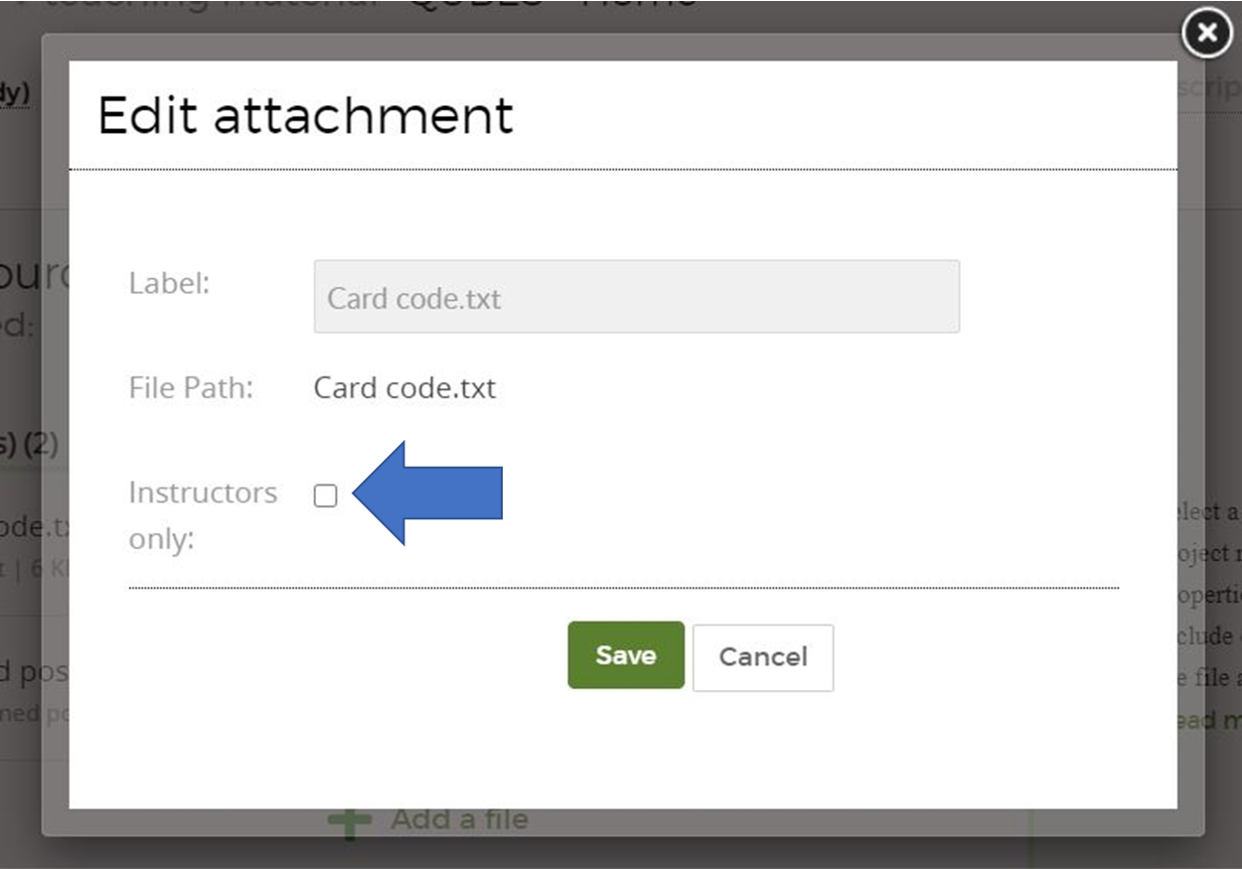
What if you want to share sensitive material such as keys, solutions, or instructor copies of resources but you are worried about posting them publicly? During the publishing process on QUBESHub, authors can mark materials as "Instructors only". This will restrict access to those files to QUBES users who have been verified as instructors. Learn how to publish instructor materials and gain instructor access in this Knowledge Base article.
244 open educational resources were published to the QUBES Library in March with 2,679 resources in total. Browse the new resources here.
-
Featured Resources
-
Turning Ecological Research Into Engaging Online Modules for Undergraduates Through Gala/OCELOTS
Learn how to create and implement online modules in tropical ecology for undergraduates. In an NSF-funded network, researchers and specialists in 4DEE, pedagogy, interactive data tools, and media create research-based modules on open-access Gala.
-
Manuscript 101: A Data-Driven Writing Exercise for Beginning Scientists (CourseSource)
Learning to write a scientific manuscript is one of the most important and rewarding scientific training experiences, yet most young scientists only embark on this experience relatively late in graduate school after gathering sufficient data in the lab. To jump-start this training, we developed a protocol for teaching manuscript writing and reviewing in a course, appropriate for new graduate or upper-level undergraduate students in biology.
BioQUEST News
Still time to Join BIOME This Year!
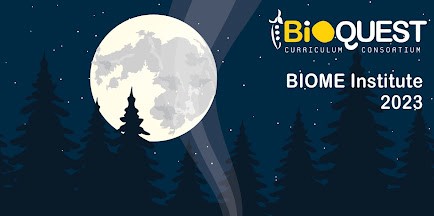
The 2023 BIOME Institute application for the virtual-only session will remain open until May 19! As a reminder, the 2023 virtual event will be very similar to the 2022 event in format. The deadline to submit a workshop proposal has been extended until May 26. Works in Progress (WIPs) and Poster proposals are open until June 9. 2023 Scholarships are still available. Visit the website to learn more and apply.
Call for Spring 2023 Faculty Mentoring Networks
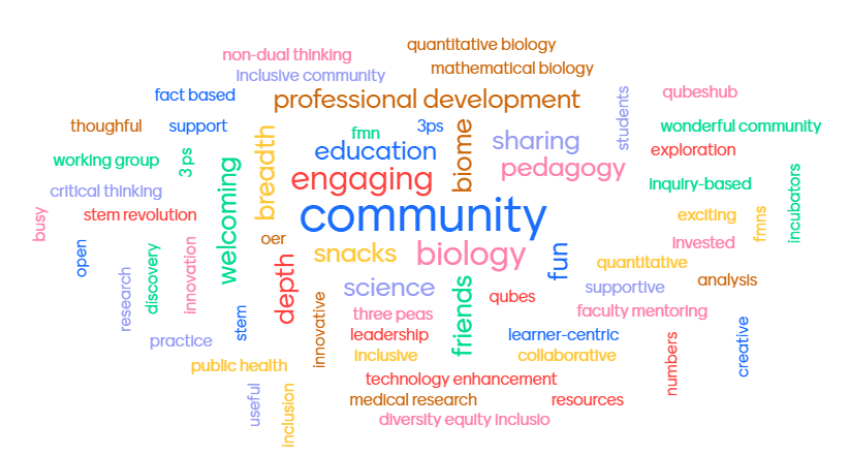
Faculty Mentoring Networks (FMNs) are long-term, low-intensity professional development opportunities hosted through QUBES. An FMN brings a small group of like-minded educators together to: discuss pedagogy; share resources; adapt, implement, and share teaching materials; and create a community around a given topic. If you are interested in running one, please contact Molly Phillips soon!
Featured Publications
We are so proud of the amazing scholarly work that is coming out of our community. Congratulations to the authors and thank you for your work.
If you have published a paper related to your work with BioQUEST and/or the QUBES platform, please let us know (send the link to Molly)!
Partner News and Opportunities
Blog post: Universal Design for Learning: Examples of Deep Learning
Pat Marsteller shared a new article: Universal Design for Learning: Examples of Deep Learning on the Accelerating Systemic Change in STEM Higher Education (ASCN) DEI in STEMM Blog this April. This article introduces readers to the concept of Deep Teaching, first introduced by Bryan Dewsberry and shares examples of strategies for multiple means of engagement, representation, and action and expression that, applied in conjunction with instructor self-reflection, can lead to inclusive and equitable STEM classrooms in higher education. Read her piece here.
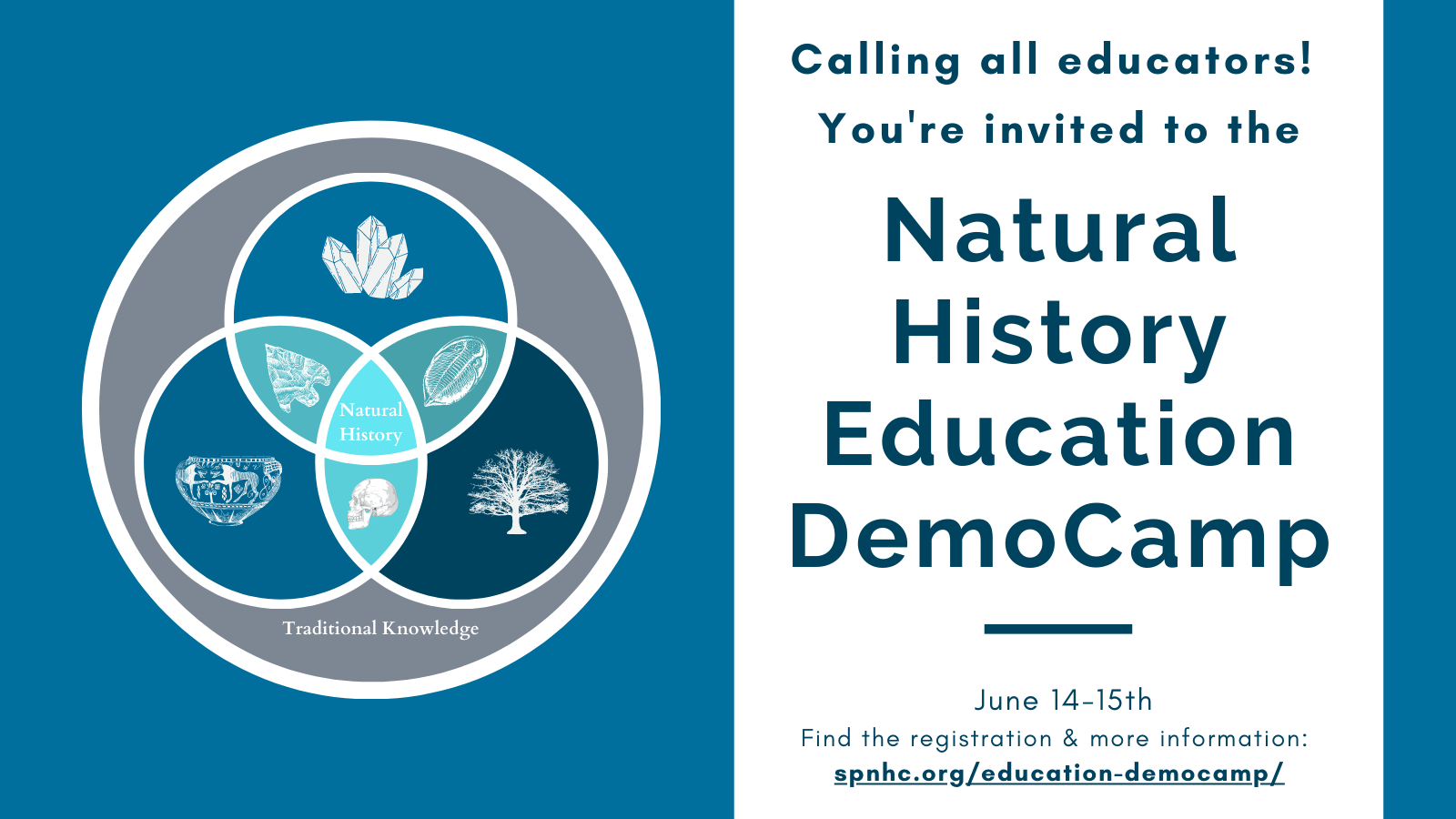
SPNHC Natural History Education DemoCamp
The Society for the Preservation of Natural History Collections Education Sessional Committee is hosting the virtual Natural History Education DemoCamp (NHEDC) on June 14-15, 2023. The goal of this virtual event is to share, discover, and discuss educational materials that have a framework in natural history. With the goal of making this accessible, this will be an informal (but organized) series of small open sessions where presenters can talk about materials and participants can ask questions as needed.
Presenter registration is open until May 26th and general attendee registration is here: DemoCamp Day 1 (June 14) DemoCamp Day 2 (June 15) and will be open up until the event. Please see the website for additional details.
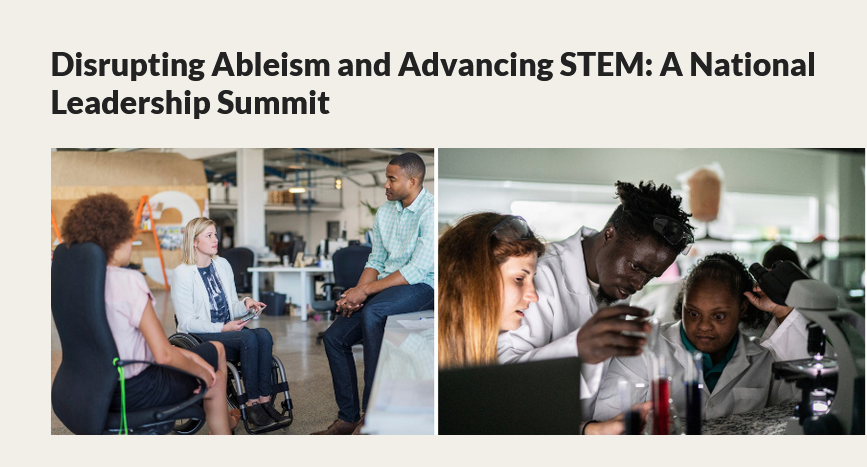
Disrupting Ableism and Advancing STEM: A Five-Part Conversation Series
Please join a transformational set of conversations on Disrupting Ableism and Advancing STEM. The series of events will begin with a National Leadership Summit on June 5, 2023 in Washington D.C. and online. The launch event on June 5th will be held in a hybrid format. The remaining events will be held online. We will explore issues related to the accessibility and inclusivity of STEM workplaces for persons with disabilities.
All events will include an ASL interpreter and CART interpretation. Slides and electronic documents will be shared online. Requests for additional accommodations can be indicated on the registration form here.
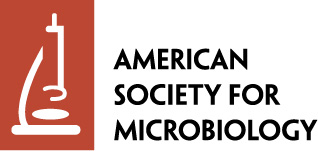
American Society for Microbiology Conference for Undergraduate Educators
The ASMCUE (American Society for Microbiology Conference for Undergraduate Educators) is now accepting proposals for talks, due June 1! Get recognized for your teaching scholarship and share your best new biology teaching idea with a short talk ("microbrew"), your unpublished educational research with a poster, or new evidence-based teaching methods with a 30-minute session!
2023 ASMCUE is an in-person conference in Phoenix, Arizona Nov. 17-19, 2023. Learn more and submit your proposal here.

SMP 2.0: Addressing Challenges in Teaching!
This summer, the National Institute on Scientific Teaching will host Addressing Challenges in Teaching (ACT), the third annual online small group learning event in the Solve My Problem (SMP) series. They invite you to join them as they form new communities to address common challenges in undergraduate education such as academic supports for students, building meaningful groupwork, and exploring novel grading strategies. Educators at all stages of their academic career are welcome to join us as we meet new colleagues while we explore, reflect upon, learn, and deepen our teaching practices.
The focus of ACT involves the establishment of small groups formed around themes from this list chosen by participants during registration. The program will begin with an opening session on July 6th. Groups will then work together to schedule 5 to 6 meetings over the next 3 weeks to discuss the teaching challenge, develop strategies, and produce materials that will be useful to their own teaching practice. These products will be shared at the closing session on July 27th. An experienced coordinator will help to guide each group as they work to find a deeper understanding of how to meet their challenge using the three pillars of the Scientific Teaching Framework (Active Learning, Inclusivity, Assessment). Participants will also reconnect as a community at a January 2024 meeting to reflect on their implementation and future plans.
Come join a flexible, collaborative program to Address Challenges in Teaching this summer. Find Additional Information or Register here! Registration Deadline: June 23, 2023.
|